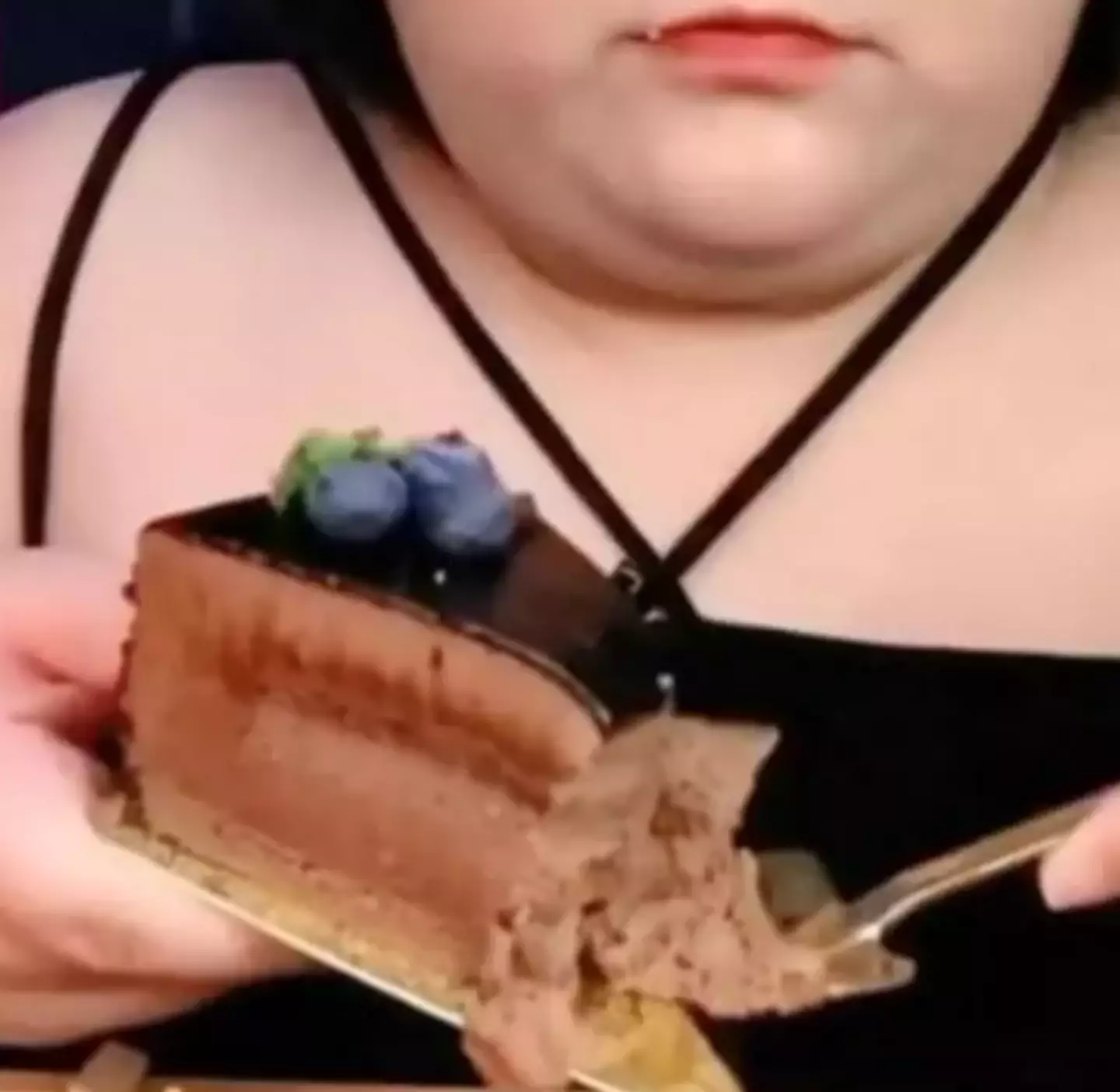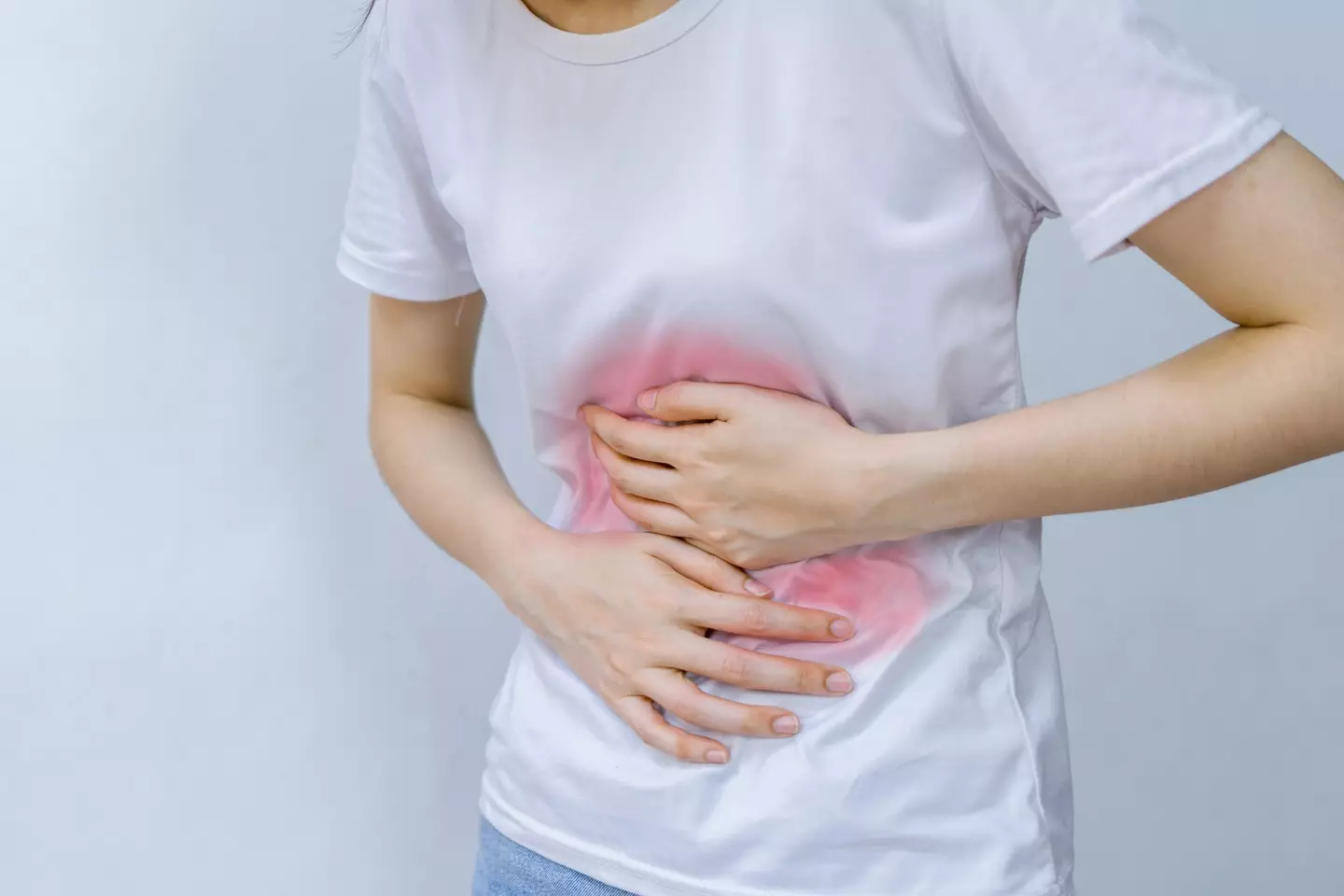
Warning: This article contains descriptions of disordered eating which some readers may find distressing
A doctor has explained the impact of over-eating after a popular streamer in China died while completing an eating challenge on camera.
On July 14, 2024, Pan Xiaoting passed away during a livestream in which she took part in a mukbang challenge, which involves creators posting videos of themselves eating excessive amounts of food or unhealthy meals. Xiaoting, 24, was reported as previously having eaten food for more than 10 hours every day without a break, alongside another challenge of eating over 10kg of food in a meal.
Mukbang videos were banned in China in 2020 amid concerns about food waste and the harm of overeating, but it's believed that overeating led to Xiaoting's her death in her final broadcast.
Advert

According to the Maeil Business Newspaper, an autopsy showed that Xiaoting's stomach was filled with undigested food and her abdomen was severely deformed, and a doctor has weighed in on what happens to your body if you eat 10kg of food over a 10-hour period.
In an interview with the Daily Star, Dr Gareth Nye, a senior lecturer at Chester Medical school in the UK, explained: "The quicker you eat the more you can get in before the signals are clear but the average person will still reach a feeling of fullness."
However, 'competitive eaters or extreme eaters do not have this normal pathway'.
Dr Nye says that, if someone continues to eat a large quantity of food over a short period of time, the body 'will physically stretch to accommodate the food but the release from the stomach to the intestines is heavily controlled'.
"There are only so many calories the body can take in so much of the food will go through the intestinal transit undigested," he said, adding that undigested food can lead to some grim symptoms.

Undigested food can lead to 'way too much glucose' in the body, causing a stress response known as 'dumping syndrome', which can lead to 'heavy sweating, rapid heartbeat, nausea and diarrhoea', Dr Nye said.
The doctor said that a 'morbid fascination or disgust' is what drives people to watch content of over-eating videos, comparing it to the popularity of videos of pimple popping.
"In my opinion it is glamorising unhealthy eating practices to a wide audience, particularly children which I worry will lead to issues within the wider population as our children grow and develop," he said.
If you or someone you know is struggling with disordered eating, the charity Beat can help: Visit beateatingdisorders.org.uk.
